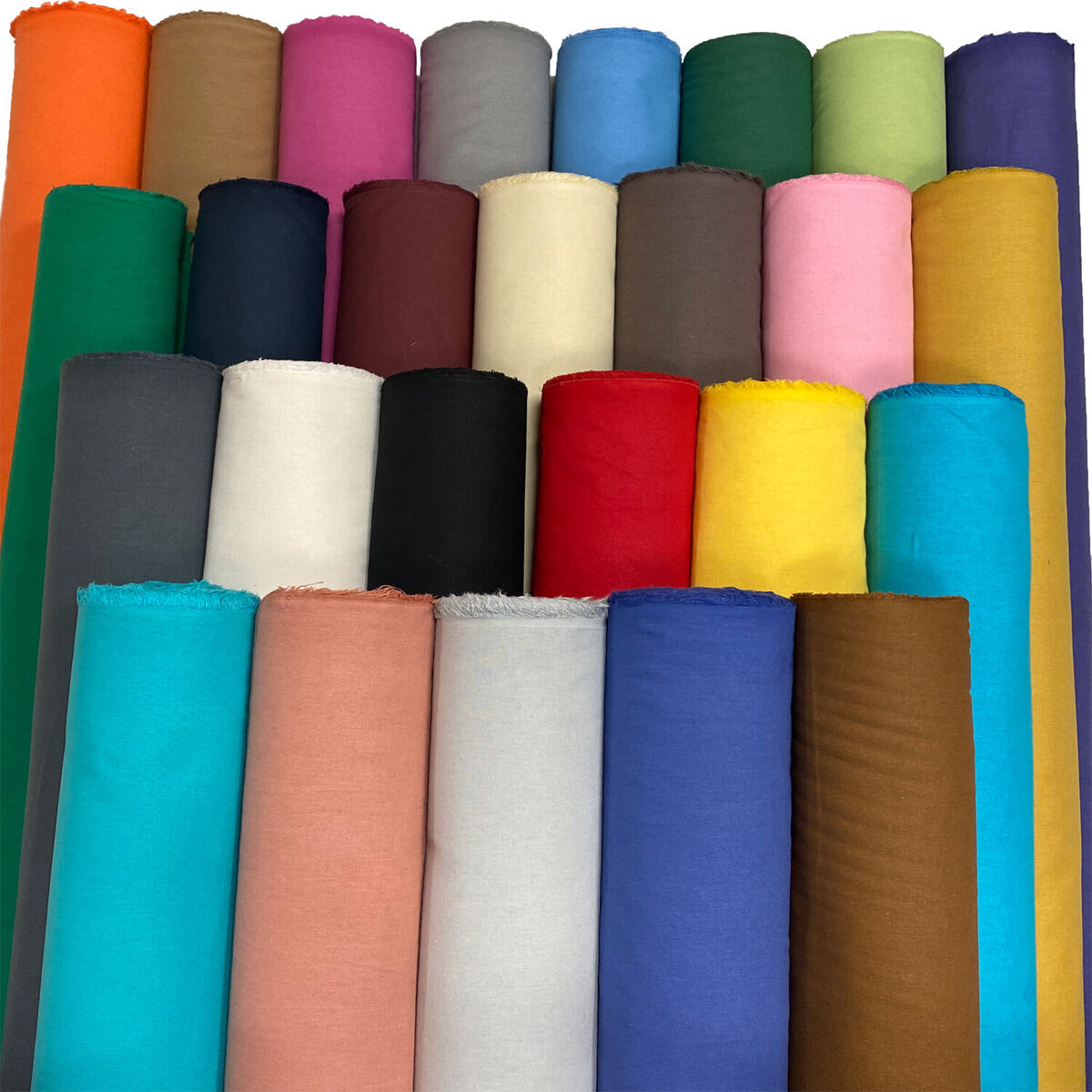In the world of textiles, the debate between 100% cotton and linen has long been a topic of discussion among consumers and industry experts alike. While both fabrics are natural fibers known for their breathability and comfort, they possess distinct characteristics that set them apart. In this article, we will delve into the differences between 100% cotton and linen to help you make informed decisions when choosing between the two.
- Fiber Source and Composition:
- 100% Cotton: Cotton is derived from the fluffy fibers surrounding the seeds of the cotton plant. It is known for its softness, breathability, and moisture-absorbing properties. Cotton fabrics are versatile and widely used in clothing, bedding, and home textiles.
- Linen: Linen, on the other hand, is made from the fibers of the flax plant. It is valued for its strength, durability, and natural luster. Linen fabrics are renowned for their crisp texture and ability to keep you cool in warm weather.
- Texture and Feel:
- 100% Cotton: Cotton fabrics are soft to the touch and become even softer with each wash. They offer a smooth and comfortable feel against the skin, making them ideal for everyday wear.
- Linen: Linen fabrics have a slightly rougher texture compared to cotton. While linen may feel stiff initially, it softens over time with use and washing. The texture of linen adds a unique rustic charm to garments and home textiles.
- Breathability and Moisture Absorption:
- 100% Cotton: Cotton is highly breathable and absorbs moisture well, making it a popular choice for summer clothing. It helps wick away sweat from the body, keeping you cool and comfortable in hot weather.
- Linen: Linen is known for its exceptional breathability and moisture-wicking properties. It allows air to flow freely through the fabric, making it an excellent choice for warm climates. Linen garments are prized for their ability to keep you feeling fresh and dry.
- Care and Maintenance:
- 100% Cotton: Cotton fabrics are easy to care for and can be machine washed and dried. They may wrinkle easily, but can be ironed to restore a smooth appearance.
- Linen: Linen requires more delicate care compared to cotton. It is best to hand wash or use a gentle cycle on the washing machine to prevent shrinkage. Linen garments tend to wrinkle more than cotton, adding to their relaxed, casual aesthetic.
Conclusion:
In conclusion, while 100% cotton and linen share some similarities in terms of being natural fibers with excellent breathability, they each offer unique qualities that cater to different preferences and needs. Whether you prefer the softness of cotton or the crispness of linen, understanding the differences between the two fabrics can help you make informed choices when selecting clothing or home textiles. Remember, both cotton and linen have their own charm and versatility, so why not enjoy the best of both worlds by incorporating both fabrics into your wardrobe and living spaces?

